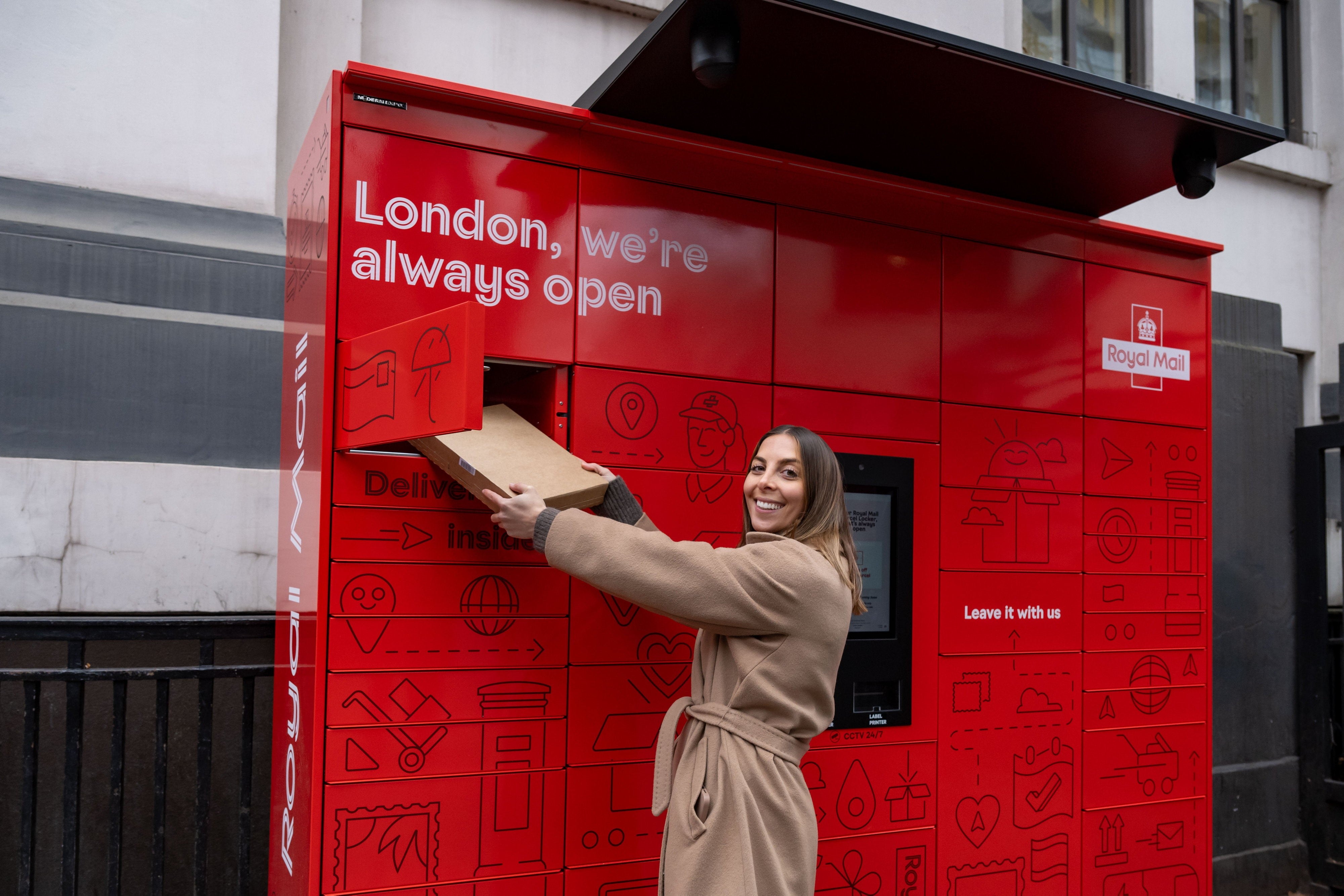How will the government keep the Royal Mail in the UK now it’s been sold?
The British government has been granted a golden share in the recently-sold Royal Mail in a bid to keep it in the UK

The British government has been granted a golden share in the recently-sold Royal Mail in a bid to keep it in the UK.
Royal Mail’s sale to Czech billionaire Daniel Kretinsky’s EP Group was approved by the government this week.
To get the deal approved he has made a number of concessions, including a promise, through the so-called golden share, to keep the postal service in the UK.
This means it will pay tax here and keep its headquarters in Britain.
The £3.6bn plan is likely to be completed by March in 2025.
The agreement, which reportedly also includes a concession allowing employees to get 10 per cent of any dividends paid out by the company.
Golden shares are undertakings companies make to the government. They allow the government to veto certain activities, but they don’t allow any other say or access to dividends.
Often, they prevent a company from being taken over by a foreign company or country.
Britain holds golden shares in BAE Systems, which is one of the world’s largest defence companies and makes everything from jet fighters and tanks to nuclear submarines and warships; and also Rolls-Royce, which makes powerplants for nuclear-powered submarines.
In the case of Royal Mail, the legally binding deal gives the government some comfort that its new owner will not spirit the company away for tax purposes.
Gerald Khoo, an analyst at investment bank Panmure Liberum, said: “We do not expect shareholders to hold out for a better price, not least given the headwind from higher national insurance costs.”
These golden share agreements don’t always work. The government’s golden share in BAA, the UK airports authority which operated Heathrow airport before it was sold again was ruled illegal by EU courts in 2003.
Similar mechanisms to exert control without majority ownership can be seen at Volkswagen. The founding Porsche and Piech families own a majority of Porsche SE, which owns a majority of the voting rights in Volkswagen. Hence the families control the company without holding a majority of shares in the underlying car-maker.
Join our commenting forum
Join thought-provoking conversations, follow other Independent readers and see their replies
Comments
Bookmark popover
Removed from bookmarks